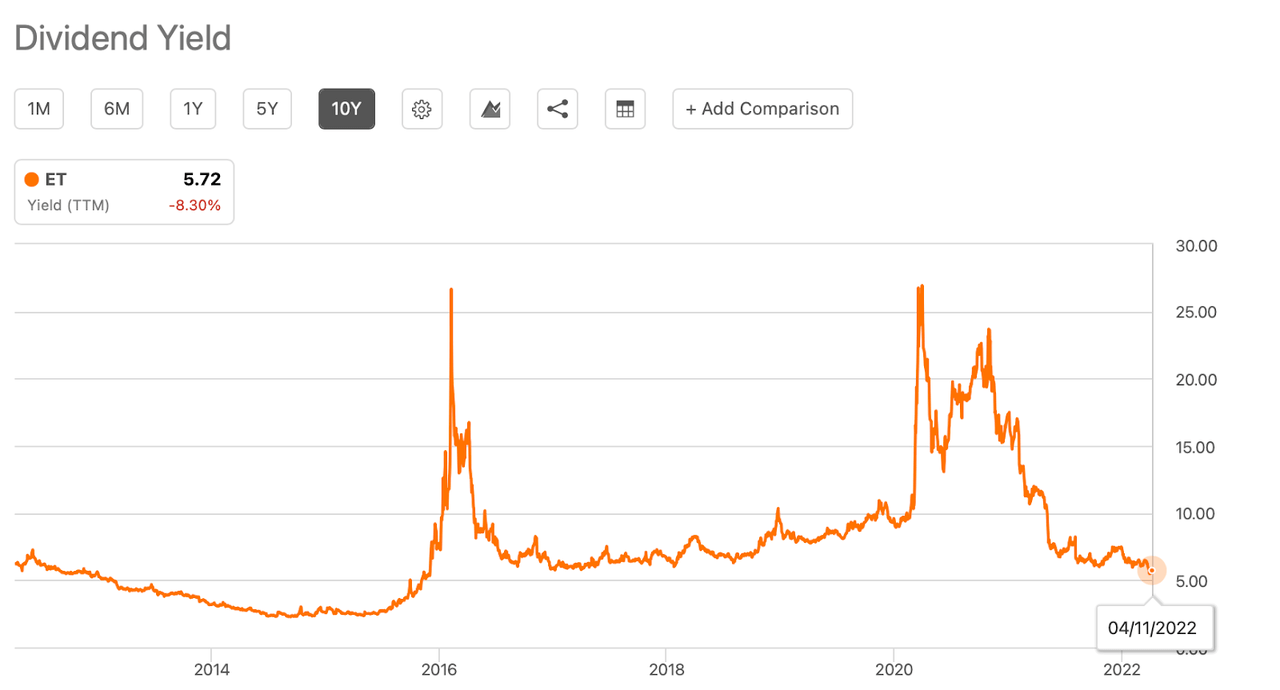
Forex trading can be confusing for beginners. Start by signing up for a demo and watching Rayner Teo's YouTube videos. This will allow you to begin learning about leverage and how to trade on a trading platform. This article will cover how to register for a demo and the basics about leverage.
Signing up for a demo account
A demo account is a good idea for forex trading. First, you want to be able to practice managing your money and making virtual profits before you start trading on a live account. Before you invest real money, it is important to test any new trading strategies. This is because both new and experienced traders will need them. Demo accounts are a great way for you to practice the system and find any pitfalls.

Learning from Rayner Teo's YouTube channel
The best way to start learning about the Forex market is to learn the terms and indicators. Investopedia has more information on trading. These websites have videos that explain trading concepts. It is recommended to subscribe to a Forex trader’s YouTube channel if you are interested in learning more about forex.
A trading platform
There are many things to take into consideration when selecting a trading platform. It allows you to set stop limits and stop losses. Many trading platforms include a trailing limit, which adjusts your stop limit automatically as the price fluctuates. This helps lock in your profits and minimize your losses. A renko chart is an advanced trading indicator that can help you trade more efficiently.
Leverage
Forex traders can increase their profit potential by using high levels of leverage. Leverage can vary from one to five hundredx your initial capital. Forex brokers often offer free trading. If you want to trade currency futures, however, you need to be aware of the associated commission. Leverage for futures trading generally is lower than forex. Forex trading leverage can be calculated as a percentage the transaction value.
Points expressed in percentage
Two units are used in foreign currency trading: Percentage in Point and points in percentage. Points are the smallest increment for currency price changes and they represent 0.0001 of percent. This would be one tenth point for most currency pairs. This would mean that you could trade in a currency pair worth one hundred pip. The difference between a US Dollar and a Canadian Dollar is one point in percentage, or 0.0001.

Currency pairs
One currency pair is used to trade another currency. To calculate the price for a currency pair, you take the exchange rate of one currency and convert it into the amount of your quoted currency. One Pip is transferred, for example, if EUR/USD's price changes from $1.12925 a $1.12935. Technically, you can trade any currency around the globe, but you will only be able to trade the currencies offered by your Forex broker.
FAQ
Can bonds be traded
Yes, they do! You can trade bonds on exchanges like shares. They have been traded on exchanges for many years.
The main difference between them is that you cannot buy a bond directly from an issuer. You must go through a broker who buys them on your behalf.
This makes buying bonds easier because there are fewer intermediaries involved. This means you need to find someone willing and able to buy your bonds.
There are many types of bonds. Different bonds pay different interest rates.
Some pay interest every quarter, while some pay it annually. These differences make it easy to compare bonds against each other.
Bonds can be very helpful when you are looking to invest your money. You would get 0.75% interest annually if you invested PS10,000 in savings. You would earn 12.5% per annum if you put the same amount into a 10-year government bond.
If you were to put all of these investments into a portfolio, then the total return over ten years would be higher using the bond investment.
What's the role of the Securities and Exchange Commission (SEC)?
SEC regulates brokerage-dealers, securities exchanges, investment firms, and any other entities involved with the distribution of securities. It enforces federal securities laws.
What is a Stock Exchange exactly?
Companies sell shares of their company on a stock market. This allows investors the opportunity to invest in the company. The market determines the price of a share. The market usually determines the price of the share based on what people will pay for it.
Stock exchanges also help companies raise money from investors. Investors give money to help companies grow. They do this by buying shares in the company. Companies use their money for expansion and funding of their projects.
A stock exchange can have many different types of shares. Some are known simply as ordinary shares. These are the most popular type of shares. Ordinary shares are traded in the open stock market. Prices of shares are determined based on supply and demande.
Other types of shares include preferred shares and debt securities. When dividends are paid out, preferred shares have priority above other shares. Debt securities are bonds issued by the company which must be repaid.
What is the difference between non-marketable and marketable securities?
Non-marketable securities are less liquid, have lower trading volumes and incur higher transaction costs. Marketable securities on the other side are traded on exchanges so they have greater liquidity as well as trading volume. Marketable securities also have better price discovery because they can trade at any time. There are exceptions to this rule. For instance, mutual funds may not be traded on public markets because they are only accessible to institutional investors.
Marketable securities are less risky than those that are not marketable. They are generally lower yielding and require higher initial capital deposits. Marketable securities are usually safer and more manageable than non-marketable securities.
A bond issued by large corporations has a higher likelihood of being repaid than one issued by small businesses. The reason is that the former will likely have a strong financial position, while the latter may not.
Marketable securities are preferred by investment companies because they offer higher portfolio returns.
What is a mutual fund?
Mutual funds are pools or money that is invested in securities. They allow diversification to ensure that all types are represented in the pool. This helps to reduce risk.
Professional managers oversee the investment decisions of mutual funds. Some funds permit investors to manage the portfolios they own.
Most people choose mutual funds over individual stocks because they are easier to understand and less risky.
What is the difference?
Brokers specialize in helping people and businesses sell and buy stocks and other securities. They take care all of the paperwork.
Financial advisors are experts on personal finances. They use their expertise to help clients plan for retirement, prepare for emergencies, and achieve financial goals.
Financial advisors can be employed by banks, financial companies, and other institutions. They could also work for an independent fee-only professional.
Consider taking courses in marketing, accounting, or finance to begin a career as a financial advisor. Additionally, you will need to be familiar with the different types and investment options available.
How do I invest in the stock market?
You can buy or sell securities through brokers. A broker buys or sells securities for you. You pay brokerage commissions when you trade securities.
Banks are more likely to charge brokers higher fees than brokers. Because they don't make money selling securities, banks often offer higher rates.
A bank account or broker is required to open an account if you are interested in investing in stocks.
If you use a broker, he will tell you how much it costs to buy or sell securities. This fee is based upon the size of each transaction.
Ask your broker:
-
To trade, you must first deposit a minimum amount
-
Are there any additional charges for closing your position before expiration?
-
what happens if you lose more than $5,000 in one day
-
How many days can you maintain positions without paying taxes
-
whether you can borrow against your portfolio
-
whether you can transfer funds between accounts
-
How long it takes to settle transactions
-
The best way buy or sell securities
-
how to avoid fraud
-
How to get help when you need it
-
whether you can stop trading at any time
-
How to report trades to government
-
whether you need to file reports with the SEC
-
Whether you need to keep records of transactions
-
whether you are required to register with the SEC
-
What is registration?
-
How does it affect you?
-
Who should be registered?
-
When should I register?
Statistics
- The S&P 500 has grown about 10.5% per year since its establishment in the 1920s. (investopedia.com)
- Even if you find talent for trading stocks, allocating more than 10% of your portfolio to an individual stock can expose your savings to too much volatility. (nerdwallet.com)
- Individuals with very limited financial experience are either terrified by horror stories of average investors losing 50% of their portfolio value or are beguiled by "hot tips" that bear the promise of huge rewards but seldom pay off. (investopedia.com)
- US resident who opens a new IBKR Pro individual or joint account receives a 0.25% rate reduction on margin loans. (nerdwallet.com)
External Links
How To
How to Trade on the Stock Market
Stock trading involves the purchase and sale of stocks, bonds, commodities or currencies as well as derivatives. Trading is a French word that means "buys and sells". Traders trade securities to make money. They do this by buying and selling them. It is one of oldest forms of financial investing.
There are many different ways to invest on the stock market. There are three basic types: active, passive and hybrid. Passive investors are passive investors and watch their investments grow. Actively traded investor look for profitable companies and try to profit from them. Hybrids combine the best of both approaches.
Index funds track broad indices, such as S&P 500 or Dow Jones Industrial Average. Passive investment is achieved through index funds. This approach is very popular because it allows you to reap the benefits of diversification without having to deal directly with the risk involved. All you have to do is relax and let your investments take care of themselves.
Active investing involves selecting companies and studying their performance. Active investors look at earnings growth, return-on-equity, debt ratios P/E ratios cash flow, book price, dividend payout, management team, history of share prices, etc. They then decide whether they will buy shares or not. If they feel that the company's value is low, they will buy shares hoping that it goes up. They will wait for the price of the stock to fall if they believe the company has too much value.
Hybrid investing is a combination of passive and active investing. A fund may track many stocks. However, you may also choose to invest in several companies. In this case, you would put part of your portfolio into a passively managed fund and another part into a collection of actively managed funds.